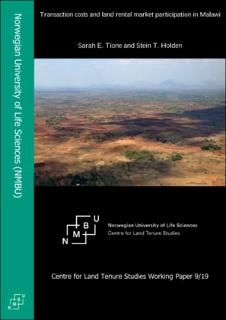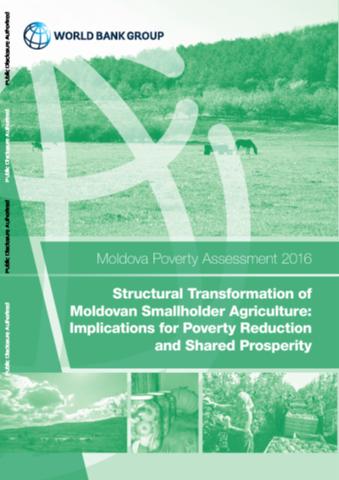Strengthening multi-stakeholder agroecology platforms in Peru: A landscape analysis.
Using multi-stakeholder platforms offers a promising approach for sharing agricultural innovation, reducing transaction costs, and catalyzing development through stimulating stakeholder engagement in the innovation process to accelerate food systems transformation. Agriculture-related multi-stakeholder platforms (AMSPs) are major players to intervention strategies of agricultural development programs. However, often AMSPs have faced multiple challenges that limit and negatively impact their functions.






